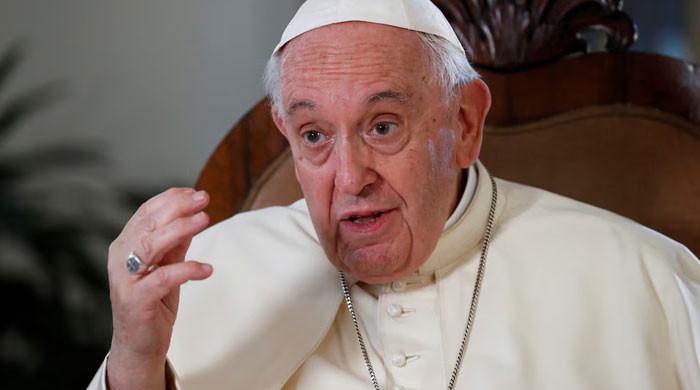Severely ill individuals among others barred from performing Hajj
Saudi ministry issues health advisory for 2025, outlining strict requirements for prospective pilgrims
August 29, 2024

- Measure taken to ensure safety of pilgrims, says ministry's spox.
- Pregnant women also barred from pilgrimage, advisory specifies.
- Only physically capable pilgrims allowed to take on sacred journey.
ISLAMABAD: The Saudi Ministry of Hajj and Umrah has issued a health advisory for Hajj 2025, outlining strict requirements for prospective pilgrims, with particular emphasis on the exclusion of individuals suffering from complex medical conditions.
According to the Ministry of Religious Affairs spokesperson Muhammad Umar Butt, individuals with severe illnesses will not be permitted to undertake the Hajj pilgrimage.
He said that this measure is in response to the anticipated extreme weather conditions during the Hajj season, and it is to ensure the safety and well-being of all pilgrims.
The spokesperson further clarified that those suffering from serious kidney, heart, lung, liver diseases and cancer would not be allowed to participate in Hajj.
Additionally, he said that individuals diagnosed with dementia or contagious diseases such as tuberculosis, whooping cough, and other similar illnesses will also be barred from the pilgrimage.
He informed that the advisory also specifies that children under 12 years of age and pregnant women will not be permitted to perform Hajj.
Furthermore, Umar said that it is mandatory for all pilgrims to be vaccinated against meningitis, COVID-19, seasonal influenza, and polio, as part of the health protocols set forth by the Saudi authorities.
He made it clear that only those who were in good health and physically capable of enduring the rigours of the pilgrimage were allowed to undertake the sacred journey.











